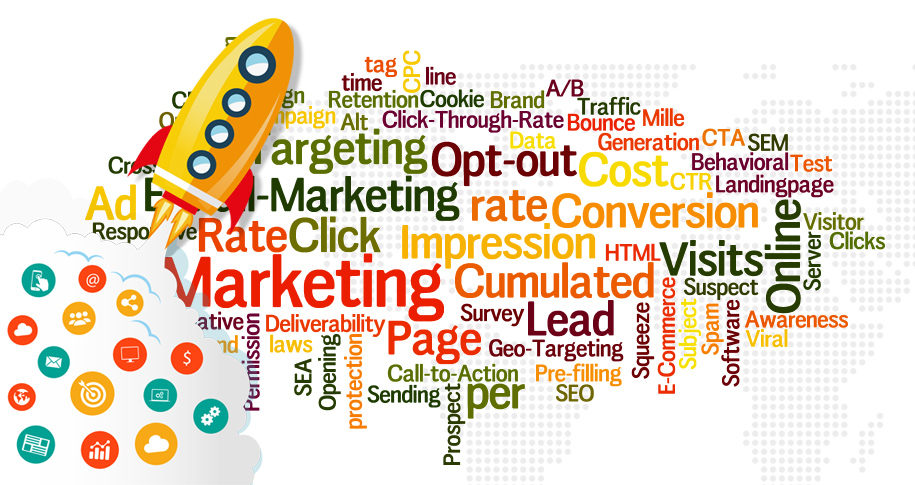What is Webinar MarketingWhat is Webinar Marketing?
Webinar ma... More?
Webinar marketingWhat is Webinar Marketing?
Webinar ma... More involves using webinars as a tool to promote products, services, or ideas to a targeted audience. Webinars are online seminars or workshops that allow businesses to engage directly with potential customers, clients, or partners in real-time. Webinar marketingWhat is Webinar Marketing?
Webinar ma... More is an effective strategy for lead generationWhat Is Lead Generation?
Lead generat... More, brand awarenessDefinition
Brand awareness is the ext... More, product demonstrations, and educating audiences. By offering valuable insights or solutions to problems, webinars can build trust and establish authority in a particular niche or industry.
Why is Webinar MarketingWhat is Webinar Marketing?
Webinar ma... More Important?
- Builds Trust and Credibility
- Webinars allow businesses to engage directly with their audience, providing an opportunity to showcase expertise and offer value. This builds trust and credibility with attendees, which can lead to higher conversions and sales.
- Example: A software company hosting a webinar to demonstrate how their product solves customer problems can build trust with potential users.
- Engages Your Audience
- Webinars are interactive, enabling businesses to engage with their audience in real time. Through Q&A sessions, polls, and discussions, businesses can address customer concerns and create a more personalized experience.
- Example: A marketing agency hosting a webinar can answer specific questions from attendees about marketing strategies, making the experience more engaging and relevant.
- Generates Leads
- Webinars are excellent lead generationWhat Is Lead Generation?
Lead generat... More tools because they attract a targeted audience interested in the topic being discussed. By offering free content in exchange for registration, businesses can capture leads that can later be nurtured into customers. - Example: A fitness brand might host a free webinar on health and wellness tips, capturing the contact details of attendees to follow up with personalized offers.
- Webinars are excellent lead generationWhat Is Lead Generation?
- Cost-Effective Marketing
- Compared to traditional in-person events or conferences, webinars are cost-effective. They eliminate the need for travel, venue rental, and other expenses, making them a budget-friendly option for businesses of all sizes.
- Example: A small business can host a webinar to reach a global audience without the significant costs associated with physical events.
How to Run a Successful Webinar
- Choose the Right Platform
- Selecting the right webinar platform is crucial for a smooth experience. Popular platforms like Zoom, GoToWebinar, and WebEx offer features like screen sharing, recording, and chat functions to enhance engagement.
- Example: A SaaS company might use Zoom to demonstrate their product, allowing attendees to ask questions via chat during the presentation.
- Promote Your Webinar
- Effective promotion is key to attracting attendees. Use email marketingWhat Is Email Marketing?
Email market... More, social mediaDefinition
Brand awareness is the ext... More, blog posts, and paid advertisingDefinition
Brand awareness is the ext... More to promote your webinar and encourage sign-ups. - Example: A business might use Facebook ads targeting a specific demographic to promote a webinar on digital marketingWhat Is Digital Marketing?
Digital ma... More strategies.
- Effective promotion is key to attracting attendees. Use email marketingWhat Is Email Marketing?
- Prepare Engaging Content
- Your webinar content should be informative, engaging, and relevant to the audience. Use visuals, real-life examples, and interactive elements like polls to keep attendees interested and encourage participation.
- Example: A webinar about SEO could include live demonstrations of how to optimize web pages, as well as case studies to illustrate the effectiveness of the techniques.
- Follow Up After the Webinar
- After the webinar, follow up with attendees by sending thank-you emails, providing additional resources, and offering exclusive deals or promotions. This helps to keep the conversation going and move leads further down the sales funnel.
- Example: After a webinar on product development, a company might send attendees a special offer to try their new product or service.
Conclusion
Webinar marketingWhat is Webinar Marketing?
Webinar ma... More is a powerful strategy for engaging with potential customers, building trust, and generating leads. By offering valuable content in an interactive format, businesses can foster deeper relationships with their audience and position themselves as thought leaders. Promoting your webinars effectively and preparing engaging content will ensure you reach your target audienceWhat is Target Audience?
A target aud... More and achieve your marketing goals.
